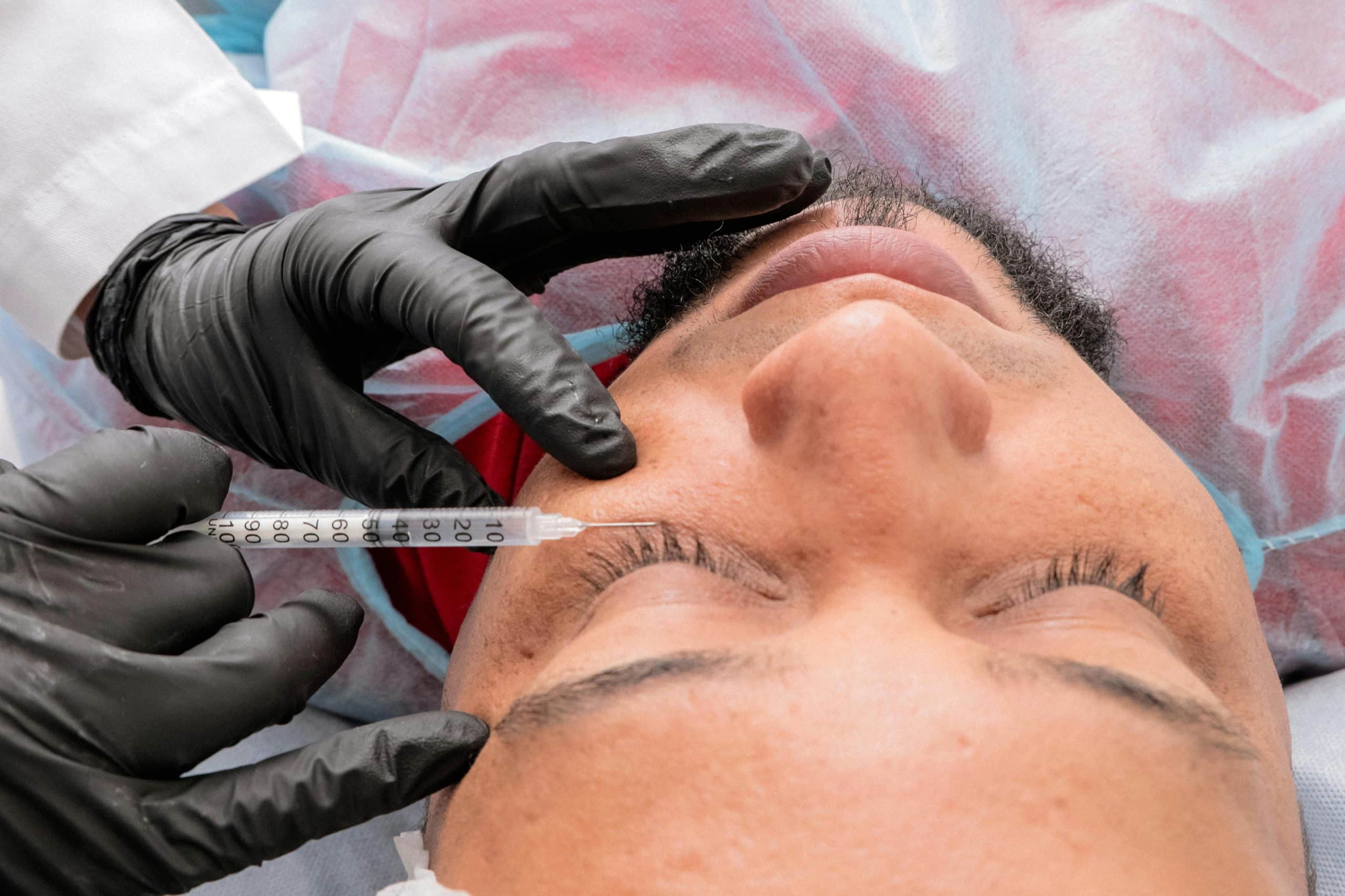Ensuring proper nutrition after surgery can significantly enhance recovery and healing. In the aftermath of surgery, the body undergoes immense physiological stress. This stress can deplete the body’s nutrient reserves, impair the immune system, and slow down the healing process. Therefore, understanding the role of nutrition in post-surgical recovery is vital for anyone undergoing surgery, whether minor or major.
In this article, we will delve into the key nutritional considerations for post-surgical recovery. We will explore the impact of specific foods, proteins, and vitamins on healing and recovery. And we’ll also examine scholarly research from reputable sources like PubMed, Google Scholar, and CrossRef. Let’s start our nutritional journey and uncover how we can help the body bounce back after surgery.
A découvrir également : How to Optimize Sleep Quality for Shift Workers?
The Role of Protein in Post-Surgical Recovery
Nutritionists often dub protein as the building block of life. It’s a crucial component in cellular repair and regeneration. After surgery, the body’s protein requirements notably increase due to the need for wound healing and tissue repair.
According to studies on PubMed Central (PMC), a high-protein diet after surgery can considerably improve muscle strength and function. Moreover, proteins supply the body with essential amino acids that facilitate tissue repair and immune function.
Sujet a lire : What Are the Effective Ways to Reduce the Impact of Chronic Stress on Immune Function?
Including foods rich in high-quality proteins like lean meats, fish, eggs, dairy products, and legumes in your post-surgery diet can significantly enhance your recovery.
Vitamins and Healing: The Vital Connection
Vitamins play a significant role in post-surgical recovery. They are essential for a variety of biochemical reactions in the body, many of which are crucial for healing and recovery.
For instance, Vitamin C is imperative for collagen production, a protein that helps wounds heal. It also supports immune function, reducing the risk of post-surgery infections. Foods high in Vitamin C include citrus fruits, strawberries, bell peppers, and spinach.
Vitamin A, on the other hand, supports skin and tissue growth, reducing the time it takes for surgical wounds to heal. Sweet potatoes, carrots, and dark leafy greens are excellent sources of Vitamin A.
Vitamin B12 and iron, both found plentifully in lean meats and seafood, are essential for red blood cell production, which is vital for bringing oxygen to the injury site and facilitating healing.
The Impact of Nutrition on Immune Function
The immune system is the body’s primary defense against infections, and its role becomes even more crucial after surgery. Notably, malnutrition can significantly impair immune function, increasing the risk of postoperative complications.
Consuming a balanced diet rich in key nutrients like proteins, vitamins, and minerals can support immune function and protect against infections. Particular nutritional elements such as Vitamin C, Vitamin E, zinc, selenium, and protein are known to boost immune health according to multiple studies found on PubMed and Google Scholar.
Moreover, probiotics, the beneficial bacteria found in yogurt and other fermented foods, can also aid in maintaining gut health and immunity after surgery.
Hydration and Its Role in Recovery
Just like proteins and vitamins, water is also indispensable for post-surgical recovery. Dehydration can slow down the healing process, cause fatigue, and even exacerbate pain.
Water helps transport nutrients to the injury site and remove waste products, facilitating quicker healing. It also keeps the digestive system running smoothly, which can be particularly beneficial in preventing constipation, a common side effect of some pain medications.
Aim for at least eight glasses of water per day, and consider foods with high water content, such as fruits and vegetables, to assist with hydration.
The Importance of Regular, Balanced Meals
Regular, balanced meals are key to ensuring your body gets all the nutrients it needs for recovery. Skipping meals or eating poorly balanced meals can lead to nutrient deficiencies, slowing the healing process and compromising immune function.
Each meal should include a source of high-quality protein, a variety of fruits and vegetables for vitamins and minerals, and whole grains for energy. Additionally, consuming small, frequent meals rather than three large meals can aid in maintaining steady energy levels and prevent nausea, a common side effect of some medications.
Understanding your body’s nutritional needs after surgery can expedite your recovery and get you back on your feet sooner. Remember, good nutrition is a critical aspect of healing, and it’s never too early to start planning your post-surgery diet.
Dietary Fiber: The Unsung Hero in Post-Surgical Recovery
Often overlooked in dietary discussions, fiber plays a critical role in post-surgical recovery. The primary benefit of dietary fiber, especially after surgery, relates to its impact on the digestive system. Anesthesia and pain medications, especially opioids, commonly lead to constipation, a condition that can cause substantial discomfort and exacerbate healing difficulties.
Dietary fiber, found abundantly in whole grains, fruits, vegetables, and legumes, aids in digestion and promotes regular bowel movements. This daily dietary element helps prevent constipation, thereby reducing unnecessary discomfort. Furthermore, according to research on PubMed Central (PMC) and Google Scholar, dietary fiber also contributes to maintaining a healthy weight, an essential factor in preventing complications such as insulin resistance or obesity after surgery.
In addition to contributing to weight management, fiber also plays a role in controlling blood sugar levels. This factor can be particularly beneficial for individuals recovering from orthopedic surgery, as stable blood sugar levels help promote effective wound healing.
Hence, incorporating fiber-rich foods into your post-surgery diet can prove to be immensely beneficial. Whole grains, fruits, legumes, and vegetables are excellent sources of dietary fiber and should be included in your regular meals.
Conclusion: The Power of Nutrition in Post-Surgical Recovery
Understanding the critical role of nutrition in post-surgical recovery is paramount for anyone undergoing surgical procedures. From proteins and vitamins to the often-overlooked fiber, each nutrient plays a unique part in supporting the body’s healing process.
Protein, deemed by nutritionists as the building block of life, plays a central role in cellular repair and regeneration. Vitamins, including Vitamin C, A, B12, and iron, each contribute to various biochemical reactions, promoting wound healing, tissue growth, and red blood cell production.
Likewise, the essential amino acids derived from protein intake significantly enhance recovery, while fiber aids in digestion and weight management, thereby preventing complications such as constipation and insulin resistance.
Moreover, hydration is vital to ensure the smooth functioning of bodily systems and to prevent dehydration-related fatigue and pain. Regular, balanced meals, rich in all these nutrients, are thus key for efficient recovery.
Multiple studies on PubMed, Google Scholar, and CrossRef have highlighted these nutritional considerations, further underscoring their importance. Due to these findings, it is vital for medical practitioners and patients to prioritize a balanced, nutrient-rich diet post-surgery.
To conclude, post-surgical nutrition is not confined to what one eats but encompasses when and how often one eats. Therefore, planning for your postoperative meals is as crucial as preparing for the surgery itself. Equipped with this knowledge, you can make informed dietary decisions that will expedite your recovery and restore your health sooner. After all, nutrition plays a pivotal role in the healing process, and good nutrition is the best form of self-care post-surgery.






